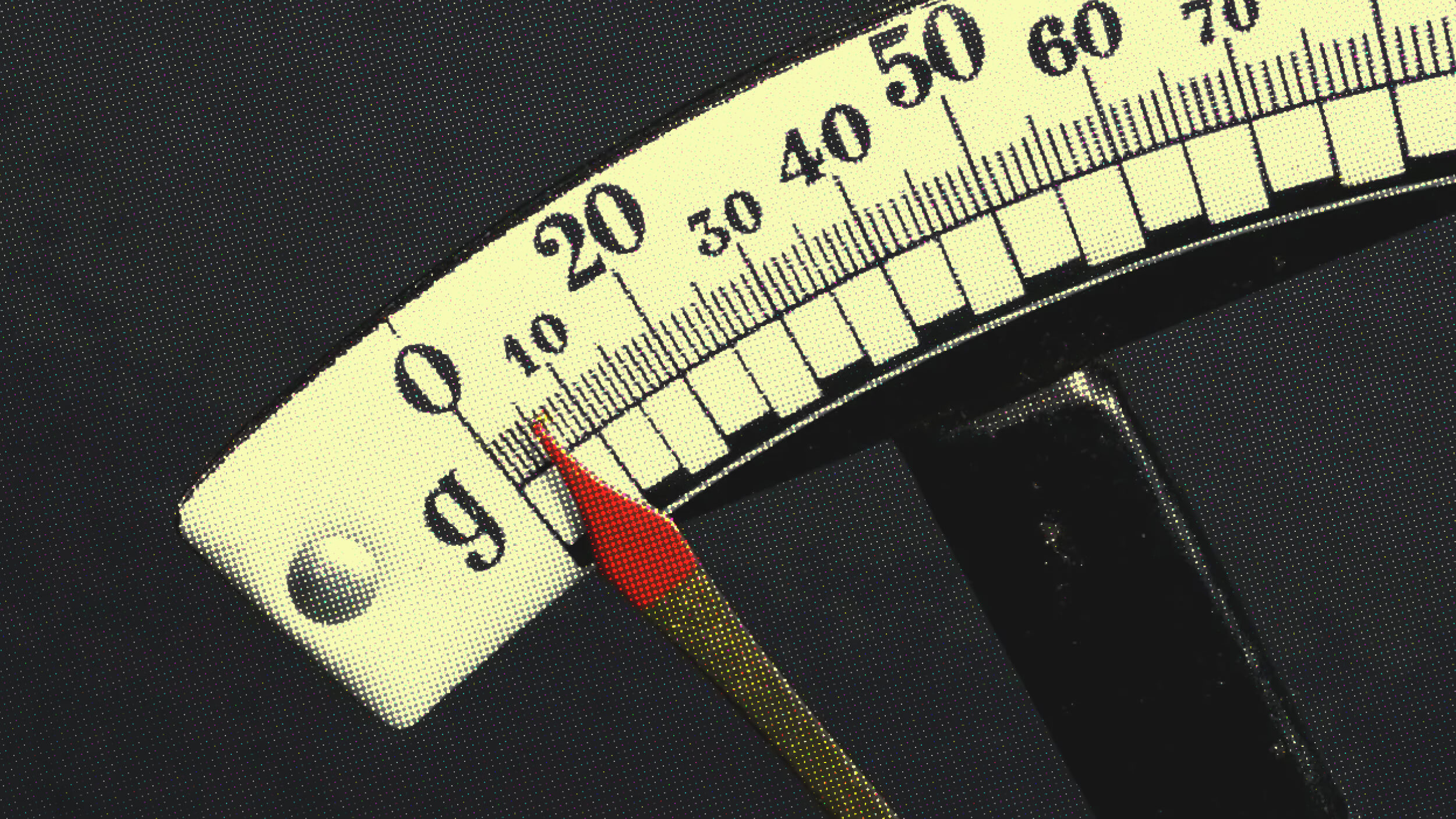Man-Cheetah
Researchers have determined that biological limitations on human running speed may be much lower than previously thought, allowing humans to achieve speeds of 35-40 miles per hour. “The newly published evidence identifies the critical variable imposing the biological limit to running speed, and offers an enticing view of how the biological limits might be pushed back beyond the nearly 28 miles per hour speeds achieved by Bolt to speeds of perhaps 35 or even 40 miles per hour. The new paper, ‘The biological limits to running speed are imposed from the ground up,’ was authored by Peter Weyand of Southern Methodist University; Rosalind Sandell and Danille Prime, both formerly of Rice University; and Matthew Bundle of the University of Wyoming. ‘The prevailing view that speed is limited by the force with which the limbs can strike the running surface is an eminently reasonable one,’ said Weyand, associate professor of applied physiology and biomechanics at SMU in Dallas.”




